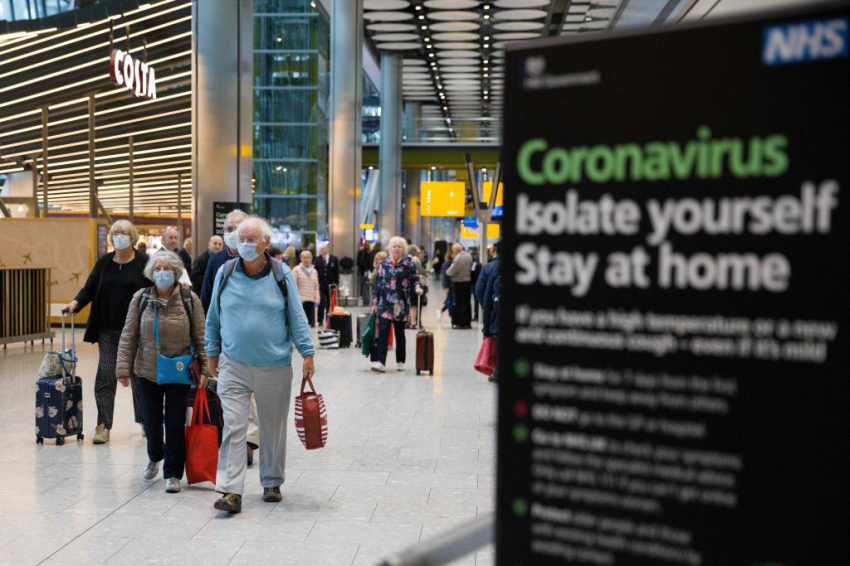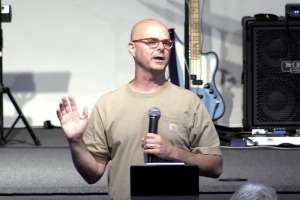Most European countries suspend use of AstraZeneca’s COVID-19 vaccine over blood clot fears

Most EU countries including Spain, France, Italy and Germany have suspended the use of AstraZeneca’s COVID-19 vaccine amid fears of rare blood clots and abnormal bleeding. The pharmaceutical company and health officials in the region insist, however, there is no cause for alarm.
Emer Cooke, executive director of the European Medicines Agency, said at a news conference Tuesday that they were still studying the possibility of rare side effects from the vaccine but there was “no indication that vaccination has caused these conditions.”
“While the investigation is ongoing, we are currently still firmly convinced that the benefits of the AstraZeneca vaccine in preventing COVID-19, with its associated risk of hospitalization, outweigh the risk of the side effects,” she said, according to The New York Times.
A statement released by the pharmaceutical giant on Sunday about the safety of its vaccine said they reviewed available safety data of more than 17 million people vaccinated in the EU and the U.K. with the AstraZeneca vaccine and found “no evidence of an increased risk of pulmonary embolism, deep vein thrombosis or thrombocytopenia, in any defined age group, gender, batch or in any particular country.”
“Around 17 million people in the EU and U.K. have now received our vaccine, and the number of cases of blood clots reported in this group is lower than the hundreds of cases that would be expected among the general population. The nature of the pandemic has led to increased attention in individual cases and we are going beyond the standard practices for safety monitoring of licensed medicines in reporting vaccine events, to ensure public safety,” Ann Taylor, the company’s chief medical officer said.
The AstraZeneca vaccine, which was developed in partnership with Oxford University, was designed to play a major role in the global vaccination effort — with some 2 billion doses ordered for use in more than 70 countries this year, The New York Times reported.
It does not yet have FDA approval in the U.S. but is being sold using a nonprofit model and is cheaper than other vaccines on the global market. It's also stored more easily and has already started shipping to low- and middle-income countries that signed onto the global vaccine sharing program Covax.
Fears about the AstraZeneca vaccine come in the wake of rare reactions in some people after getting the shot, such as 57-year-old Italian clarinetist Sandro Tognatti.
Tognatti was vaccinated in his hometown of Biella on Saturday afternoon. His wife, Simona Riussi, told Italian media that he went to bed that night with a high fever and he died the following morning The New York Post reported.
Prosecutors in Italy responded by opening a probe into Tognatti’s death and nearly 400,000 shots of the AstraZeneca vaccine.
No direct link between that death and the vaccine has been established.
Most of Italy is now back in lockdown, AFP reported, but Italian Prime Minister Mario Draghi said on Tuesday that he was encouraged by the statement from the EMA Tuesday, according to Reuters.
Draghi said in a statement that he spoke with French President Emmanuel Macron Tuesday and they agreed that if EMA gives a green light on Thursday, they were ready to begin inoculating with the AstraZeneca vaccine “quickly.”



























